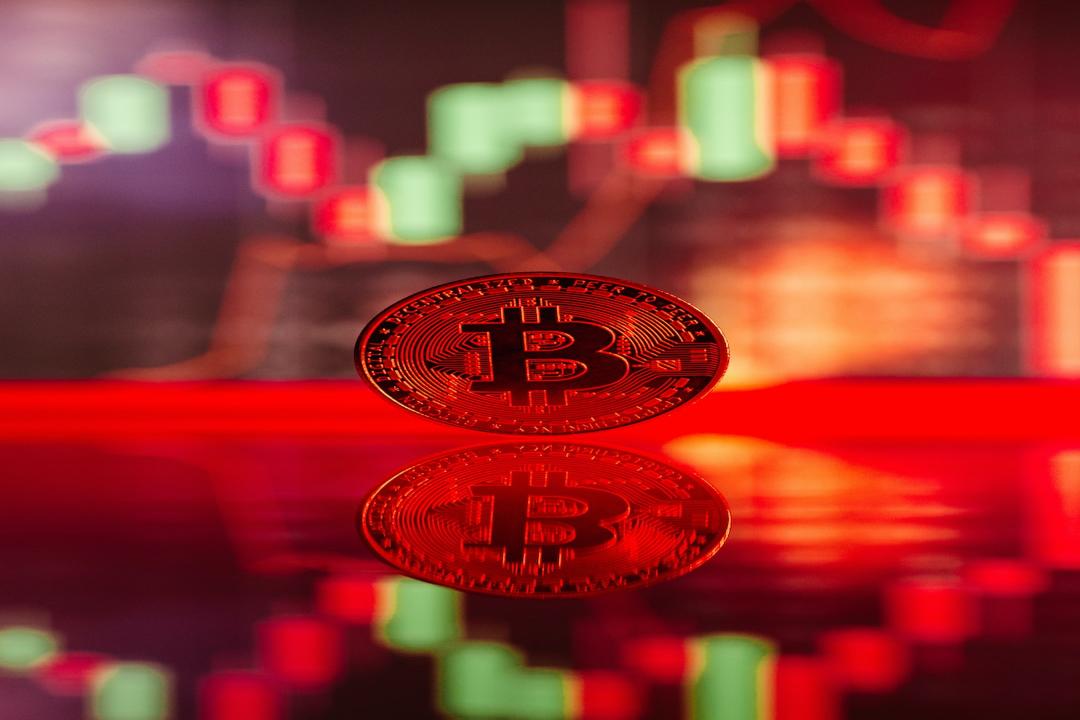Despite the government’s crackdown on peer-to-peer cryptocurrency trading, young Nigerians remain enthusiastic about Bitcoin. According to Google Trends, Nigeria is currently the country with the highest interest in Bitcoin, followed closely by El Salvador. Delta state leads in Bitcoin interest, followed by states like Anambra, Ekiti, Enugu, Ondo, Ebonyi, Bayelsa, Osun, Edo, and Imo. Interestingly, Lagos, Nigeria’s commercial hub, doesn’t rank in the top 15 cities for Bitcoin searches.
The data suggests that areas with insecurity, low bank penetration, and a high population of millennials are more likely to adopt Bitcoin as a trusted means of storing value and facilitating payments. Nigerians have turned to stablecoins tied to the U.S. dollar as a hedge against inflation and currency fluctuations. Tether dominates the market as the most popular stablecoin, and its use is becoming increasingly practical for local businesses and the diaspora.
A United Nations study reveals that Nigeria is one of the youngest countries in the world and one of the fastest-growing in Africa, with 43% of the population under 15 years old.
The Nigerian government has taken questionable actions to address economic woes and prevent a currency collapse. In May 2024, they began preparing regulations to ban P2P cryptocurrency exchanges using the national currency. The Securities Exchange Commission (SEC) has accused Binance of currency manipulation and speculation, leading to the devaluation of the naira and necessitating government intervention. The SEC imposed a ban on Binance’s operations in Nigeria and arrested its top executives, Tigran Gambaryan and Nadeem Anjarwalla, demonstrating their commitment to regulatory standards. Gambaryan now faces trial on charges of money laundering and tax evasion.
In January 2024, the Central Bank of Nigeria released initial guidelines for banks opening cryptocurrency accounts, although banks are still not allowed to trade or hold virtual assets in their portfolios.

